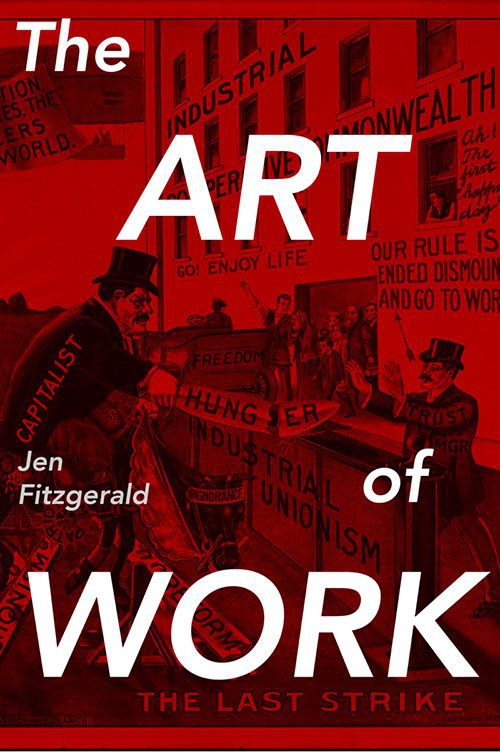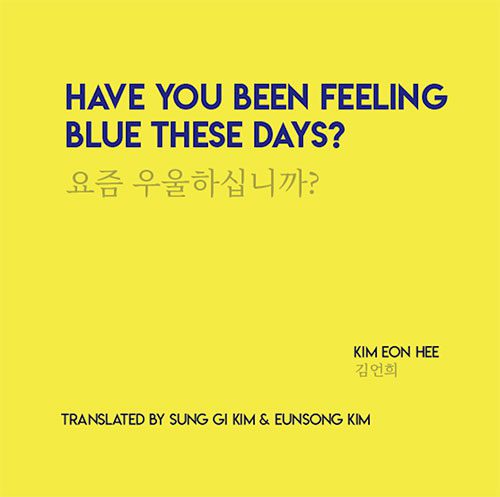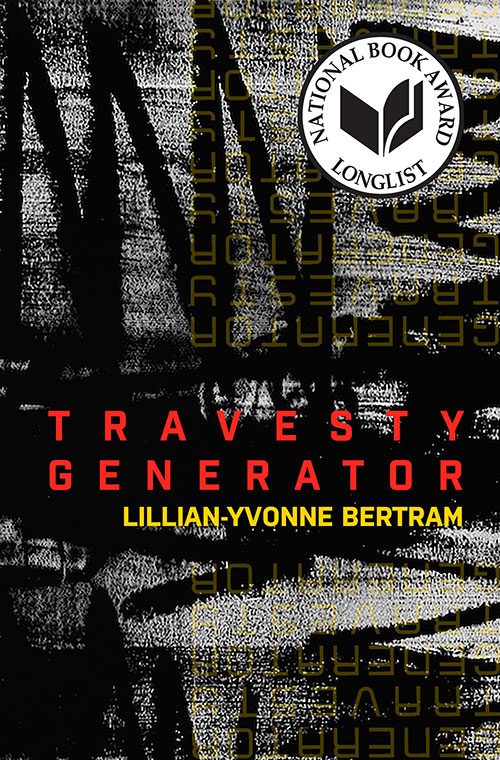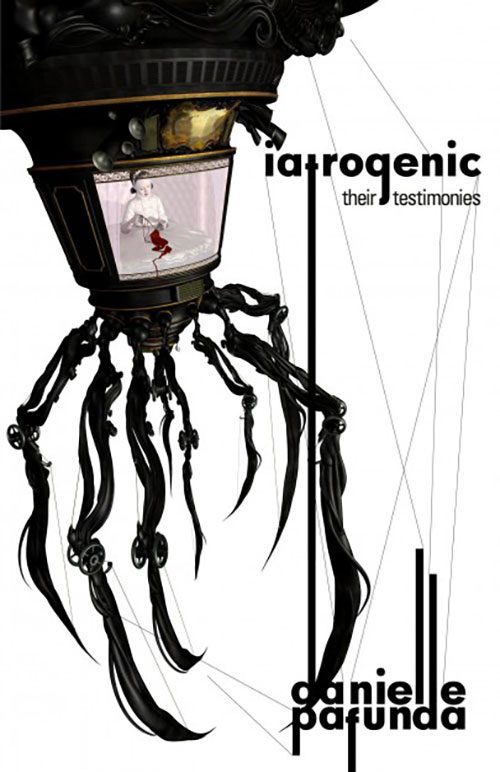MOUTHS
by Claire Marie Stancek
$9.99 – $15.00
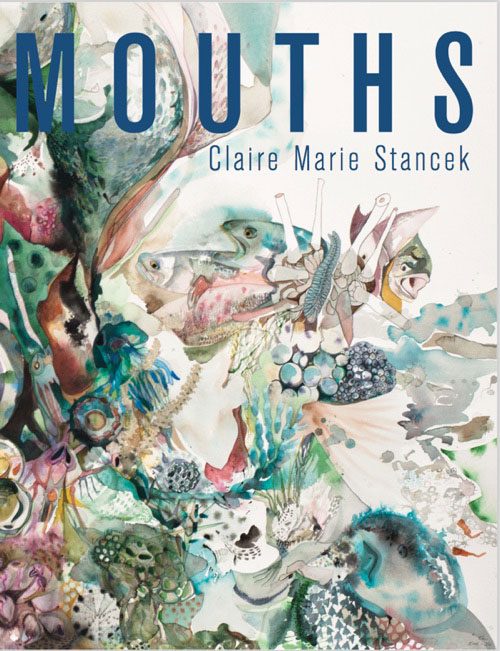
Blurbs
Activist aesthetic practices, as they unfold in the context of contemporary social and environmental precariousness, demand more than a radical rethinking of assumptions. As Claire Marie Stancek insists, in her brilliant inaugural poetic project Mouths, activist art demands that we challenge the reliability of common sense. She begins by demanding that we expand our understanding of who and what produces that sense, who and what coexist in ongoing commonality. And she does this to devastating, as well as invigorating, effect. Sense and life are coexistent, and perhaps synonymous. But then senselessness and lack of life must abound at the same time. Amatory sucking and murderous sucking can’t be independent of each other. Perhaps this is fine: perhaps we cannot love without knowing of its dangers. Stancek goes further, proposing that we cannot love humanity without loving far beyond the human sphere, loving the nanosystems and macrocontexts on which love depends. Or perhaps we cannot love at all. Meanwhile, beauty prevails. Mouths does not eschew anguish, but it abounds in beauty—uncommon beauty, but beauty that invites us to an ever broader commonality, and an ever better sense.
Lyn Hejinian
Activist aesthetic practices, as they unfold in the context of contemporary social and environmental precariousness, demand more than a radical rethinking of assumptions. As Claire Marie Stancek insists, in her brilliant inaugural poetic project Mouths, activist art demands that we challenge the reliability of common sense. She begins by demanding that we expand our understanding of who and what produces that sense, who and what coexist in ongoing commonality. And she does this to devastating, as well as invigorating, effect. Sense and life are coexistent, and perhaps synonymous. But then senselessness and lack of life must abound at the same time. Amatory sucking and murderous sucking can’t be independent of each other. Perhaps this is fine: perhaps we cannot love without knowing of its dangers. Stancek goes further, proposing that we cannot love humanity without loving far beyond the human sphere, loving the nanosystems and macrocontexts on which love depends. Or perhaps we cannot love at all. Meanwhile, beauty prevails. Mouths does not eschew anguish, but it abounds in beauty—uncommon beauty, but beauty that invites us to an ever broader commonality, and an ever better sense.
Lyn Hejinian
“There in muck & marl we formed a hole by rooting,” Claire Marie Stancek testifies early in this extraordinary work, casting a sly eye at the title. Mouths? “Open open gaping. Pits, Caves, Wells, Lakes, Fens, Bogs, and shades of death. Entrance to Hell.” Mouths itself’s an exacting psychophysical travelogue having within its scope all the clucking brown water in the world, complete with moths, crows, fat spiders, “a face shaped like a face staring back,” and every one a life. Itself suspended in a threatening sea of rimes, Mouths is elemental—a descent through the traces and tinctures that are the floating edges of the world. Mouths? “Strange kisses,” devourings, those rimes, flowerings, and bottomless hungers (or, as Stancek warns late, “hunger a pose of pure intent”). Mouths? It calls the names of the people it’s in conversation with—Keats, Li’l Wayne, Miley Cyrus, Alice Munro, others—and then mouths divinations. Muck, marl, mouth, moth, moil. Oh, but this book is such a telling!
C.S. Giscombe
What a pleasure it is to encounter a new poetic voice writing out of a practice of reading and being delighted in reading, but also being fully embodied in the poem, responding to John Clare, Sylvia Plath, and Lisa Robertson in the same stroke. Startle and delight, spicy and monstrous; the coolness of these poems lies in their warmth. Even the aching feels angled and upward.
Sina Queyras
